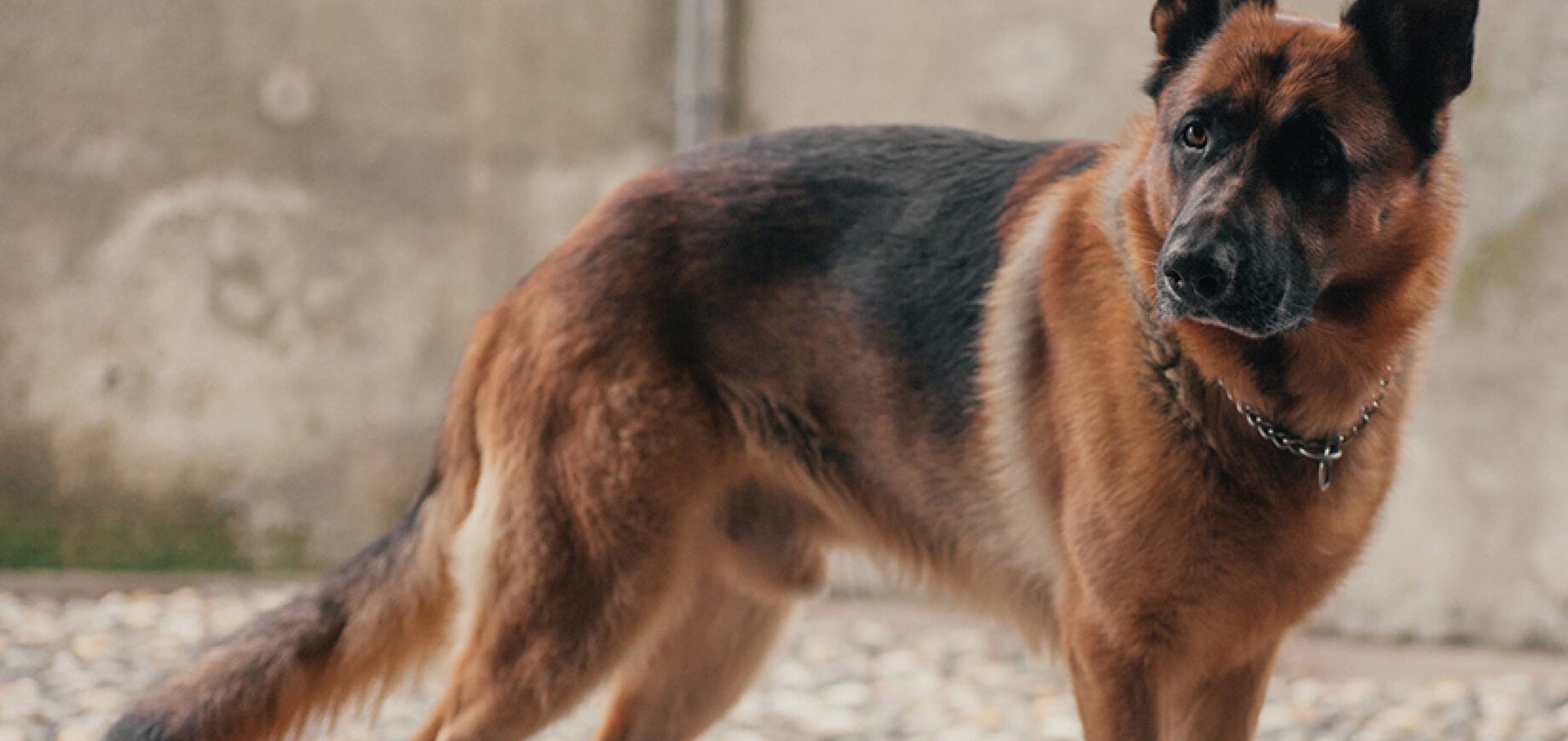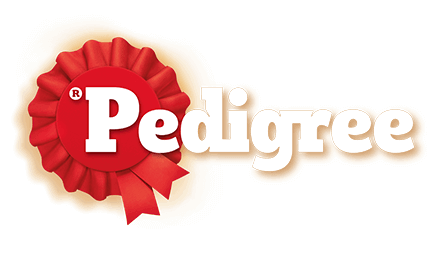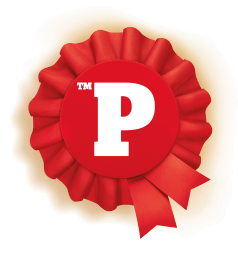Find products that match your dog’s needs

We know the rules of human interaction, but we are considerably less clear on how to communicate with our puppies. And since puppies don't come with instructions attached (be nice if they did) our human-to-human communication patterns, as baffling as they are to our puppies, are what we fall back on.
Word repetition, word inconsistency, using a questioning tone and increasing frustration when we don't get the expected results are human habits that are not helpful to our puppy's learning process - in fact, they can slow learning down.
Repetition. With another person, we may repeat things when we don't get a response the first time. 'Excuse me? Excuse me?' is a typical example. However, to a puppy, repetition is simply confusing. If you issue a command and your pup doesn't respond, there are two possibilities. Your pup did not hear you, which is rare, or your pup did not understand which is common. Repeating yourself to a pup who does not understand you only confuses things further. Instead, be prepared to help your pup once you say a command. This may mean guiding them into position physically, or luring him with a treat or toy, and then rewarding them.
There is no need to get upset with your puppy if they don't understand. Remember, your pup is not trying to be difficult.
Inconsistency Pups only learn what we teach them. They don't understand words, so when we say 'sit' in one instance and 'sit down' in another, and mean the same thing, our puppies can become completely confused.
How about your expectations - are you consistent with them? Do you ever say 'sit' and not follow through? Do you ever say 'sit' and, if your pup lies down, you shrug and think, 'Close enough.' If you do this you're not helping your puppy; you're just confusing them further. The clearer your pup is about what you want and when you want it, the better.
Questioning. Humans mask commands to each other with questioning tones. 'Honey,' you call your spouse, 'Would you mind picking up some bread on your way home?' That is polite. That is nice. That is confusing to pups who understand tone better than words.
A more effective approach is to state a command as if you are giving directions. 'Go down three blocks and turn right,' would be an appropriate tone - one that is calm, clear and confident - perfect!
Frustration. When pups fail to understand our communication patterns we can become frustrated with them, instead of with ourselves. Next time your pup does not respond the way you hoped they would, ask yourself the following questions: Was I clear? Have we practiced this many times (think dozens of times) in a calm environment? Do they consistently respond in a calm environment? What was my tone? How can I help them understand what I want? How can I make it fun for them to respond? Since you are the teacher, your pup reflects your teaching. If you are unhappy with their response, look to ways you can help make things easier for them to understand. Using training as a way to build on the positive is an effective puppy-training strategy.

Find PEDIGREE® dog food online at one of our retailers today!
Buy online
Click to buy from any of the retailers below


